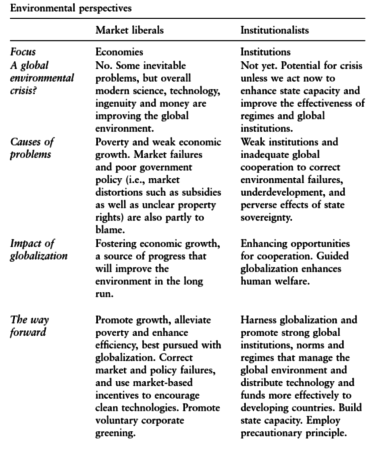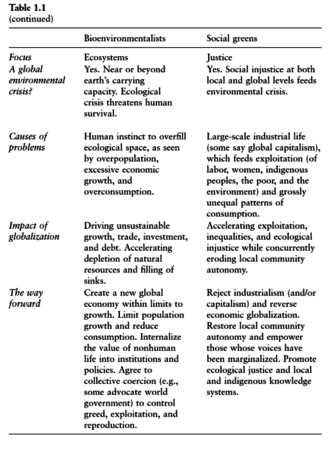Something occurred to me as I was walking through the snow this morning. There’s an episode of Yes Minister (The Bed of Nails) in which the hapless minister Jim Hacker is charged with implementing an integrated national transport policy. His savvy and manipulative chief civil servant explains:
It is the ultimate vote loser… If you pull it off, no one will feel the benefits for ten years. Long before that, you and I will have moved on… In the meantime, formulating policy means making choices. Once you do that, you please the people that you favour, but infuriate everybody else. One vote gained, ten lost. If you give the job to the road services, the rail board and unions will scream. Give it to the railways, the road lobby will massacre you. Cut British Airways investment plans, they’ll hold a devastating press conference that same day.
Ultimately, the minister and his permanent secretary conspire to be freed from the job, first by proposing a service-slashing approach to transport reorganization, in which they deliberately alert the prime minister about unpopular changes it would imply for his constituency, and then using Sir Humphrey’s second strategy:
We now present our other kind of non-proposal… The high cost, high staff kind. We now propose a British National Transport Authority with a full structure, regional board, area council, local office, liaison committee, the lot. 80,000 staff, billion-a-year budget. The Treasury will have a fit! The whole thing will go back to the Department of Transport.
What occurred to me in the snow is that while Hacker and Humphrey may have been using these approaches as a dodge, one could say metaphorically that those calling for strong climate change policies have in some ways pressed the same two strategies.
First there was the dream of an economically efficient solution via a carbon tax. All the most sophisticated and credible economic analyses projected that the best way to solve climate change was to put a rising cost of carbon across the entire economy and then let individuals and firms make their own economic choices to adjust. This policy was favourably contrasted with trying to reduce fossil fuel use and the resultant greenhouse gas (GHG) emissions through regulation. It was also tailored to appeal to people on the political right: rather than imposing particular technological choices it relies on the free market to adapt naturally to the increasing cost of a previously-neglected factor of production, just as they do every day as commodity prices like oil and copper spot prices do.
What seems to have sunk this strategy is the willingness of those on the political right to play Russian roulette on climate change, assuming the damage we do won’t be that bad or that some future technology will solve the problem painlessly. Coupled with that is the unreasoning hostility to taxes that has been embraced by some right wing populist figures, movements, and political parties. Proposing an environmental policy that can be given the derogatory label “a tax on everything” is challenging in a climate where such figures are influential, and can make it easy for an incoming right wing government to scrap on the basis of “giving money back to [insert name of jurisdiction] families”.
The carbon tax idea was always an awkward fit for the “social greens” to use Clapp and Dauvergne’s terminology. In Paths to a Green World they differentiate between four broad streams within environmentalism: market liberals, institutionalists, bioenvironmentalists, and social greens:


If your analysis is that our system is beset by an ever-destructive capitalism which must be deconstructed, the virtues of a carbon mitigation measure designed to function through efficient capitalist markets was never likely to appeal. Perhaps it speaks to the climate justice dimension when carbon tax revenues are put to purposes that aid the disadvantaged, as with refunds to those with low emissions under a cap and dividend scheme or proposals to use carbon tax revenues to fund a basic income system.
That’s the second set of policies that occurred to me in the snow, corresponding to Humphrey’s “high cost, high staff” straw man. That’s the mainstream media criticism consensus on proposals like the Green New Deal: that they can’t see the rational connection between proposed elements like a job guarantee and climate change, and that the set of new government benefits being proposed seems unreasonably costly.
We surely can’t know what strategies will succeed on climate change. There has never been a problem sufficiently similar to serve as a credible model, so we can never say with complete confidence that one or another past movement suggests the best activist strategies in the world today. We’re going to need to keep trying multiple strategies, especially if we’re committed to democracy. Under a democratic system the populace must ultimately begrudge and tolerate any burdensome actions their society is undertaking for the sake of a stable climate. It has to be akin to the general tolerance of taxation, and be an expected and embedded norm to be part of a society progressively moving away from carbon fuels.
It’s great that social greens are so passionate and able to turn a belief that they’re fighting for justice into enthusiasm and motivation. It probably helps to have a comprehensive vision for societal reform, as opposed to the rather abstract and unemotive “what strategies for decarbonization can work, if we put it ahead of all other priorities?”.


